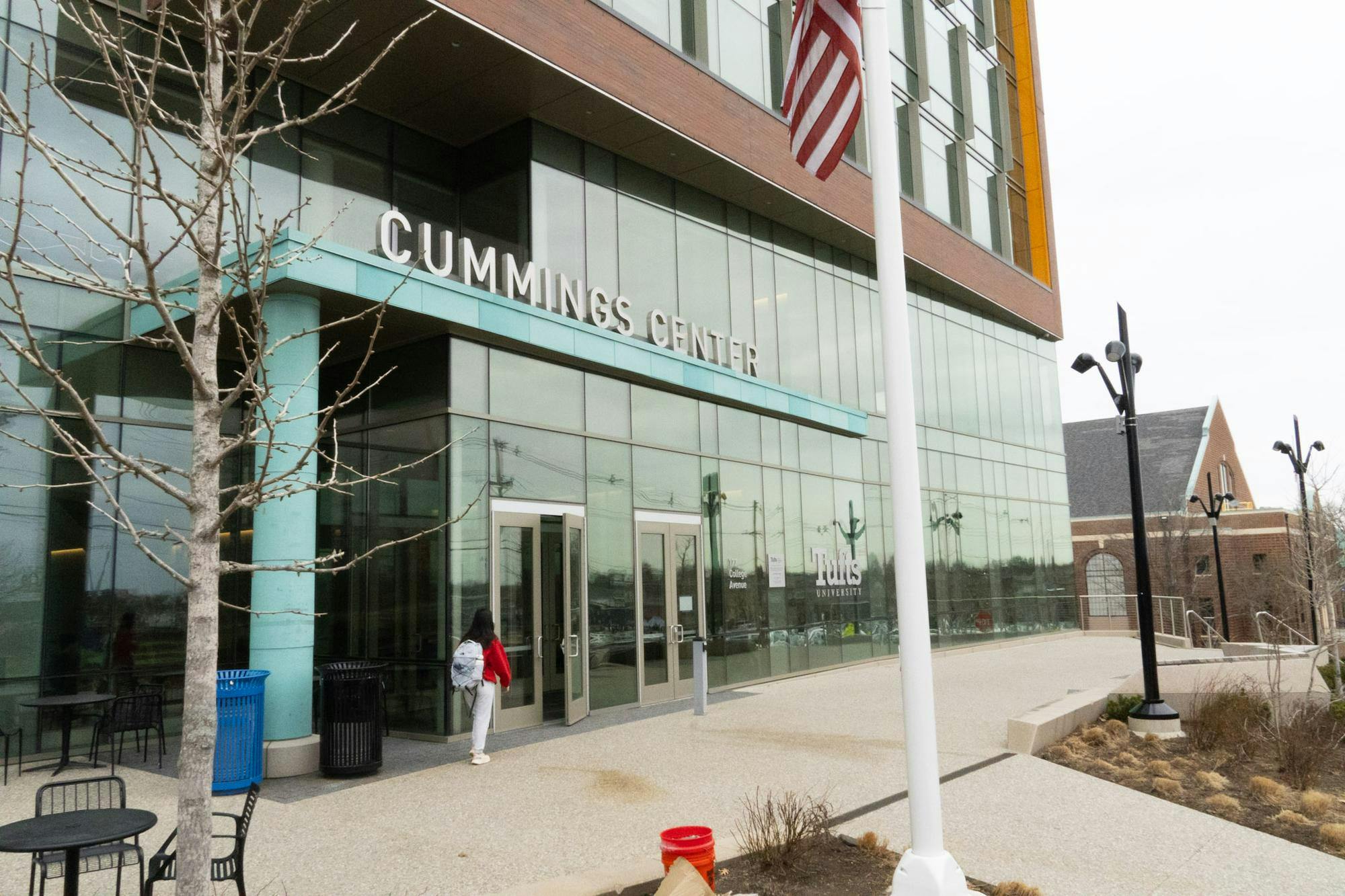The Tufts Community Union Senate finalized next school year’s student organization budget of over $2.9 million, approving it at its most recent meeting on Sunday. The 2024–25 academic year’s budget will rise 3.7% over this year’s budget of $2,843,373.
According to TCU Treasurer Dhruv Sampat, close to $2.7 million is expected to be raised by the student activity fee — the mandatory $396 expenditure included in students’ tuition. The remaining difference will be pulled from TCU’s surplus funding, bolstered by the COVID-19 pandemic that left on-campus student activities temporarily paused.
Sampat spoke to the Daily about his goals in this budgeting cycle.
“My aim in going into this session was to essentially take money away from more established and bigger organizations where we can,” Sampat said. “To not squeeze them or force them to cut down on their things, but essentially be very mindful and allocate more money to smaller organizations that really need it.”
Sampat also shared that a large priority of his was to increase funding for student services and accessibility. The Student Support Fund, which covers the costs of activities for students under financial aid, was increased from $20,000 to $35,000. Additionally, club sports saw a $15,000 increase in order to reduce financial barriers in participating in club sports.
Funding for student organizations was organized into “councils,” divided by groups’ different focuses, such as pre-professional, performance or religious organizations.
Council 1, focused on cultural groups, is chaired by Senator Emily Childs. The council will see a 21% increase in its budget, rising from last year’s $156,504 to $190,000. Sampat justified the increase by sharing that many cultural clubs were in “desperate need of money” in order to build a community.
Council 3, chaired by Senator Rhoda Edwards, is the media council. This council covers all publications funded by the Senate as well as other media-related clubs. The council’s budget cap was reduced from last year’s $116,574 to $104,226 — an 11% decrease. According to Edwards, this decrease is aimed at preventing excessive waste from printed copies and pivoting towards online publication. The Tufts Observer, the university’s oldest publication, will have a $20,000 budget next year, $7,000 less than the original budget the group requested.
According to the Observer’s Treasurer William Zhuang, the publication was told that its printing budget was cut because too many copies of the magazine were not picked up every publication cycle. In the last year, the Observer has gone from printing five issues a semester to just four, and the Senate has asked the publication to reduce the number of printed copies by 50%.
“Everyone who works at the Observer believes that we have a pretty special space and niche on campus,” Zhuang said. “This sort of very aggressive approach to decreasing our budget is destructive to our club morale a little bit, but also just makes us concerned for the future.”
Zhuang also believes that the budget cut creates unnecessary competition between campus publications fighting for TCU funding.
“It sort of creates this atmosphere where we feel like we’re competing against these other publications for these crumbs of money,” he said.
Sampat also spoke on the Observer’s budget cut.
“The effort here was not to try and cut funding for the Observer. … It was to be more efficient with how we’re allocating resources,” Sampat said. “If we can take money from an organization that doesn't need it as much, we can give it to small organizations.”
Sampat shared that smaller publications did see budget increases; for example, Future Histories and the Current both saw increases between 30% and 40%.
The religious, performance, pre-professional and political advocacy councils all saw increases between 14% and 17%, with the engineering council receiving the largest increase of 27%.
Council 9, which encompasses all student governments, saw no change in its allotted budget. However, more money will be allocated to the School of the Museum of Fine Arts Student Government Association and towards stipends for members of the TCU Judiciary.
The Tufts University Social Collective experienced one of the largest budget cuts of this budget cycle: $200,000.
Sampat clarified that this reduction is more of a restructuring of TUSC’s budget and that the collective will be able to obtain money from the Senate Allocations Board for events that the $200,000 would have previously covered.
TUSC Executive Coordinator Jade Altschul Matushenko shared with the Daily that this “collaborative” restructuring will actually be a positive change, as it will better handle the unforeseen costs of events and streamline the group’s “internal processes.”






